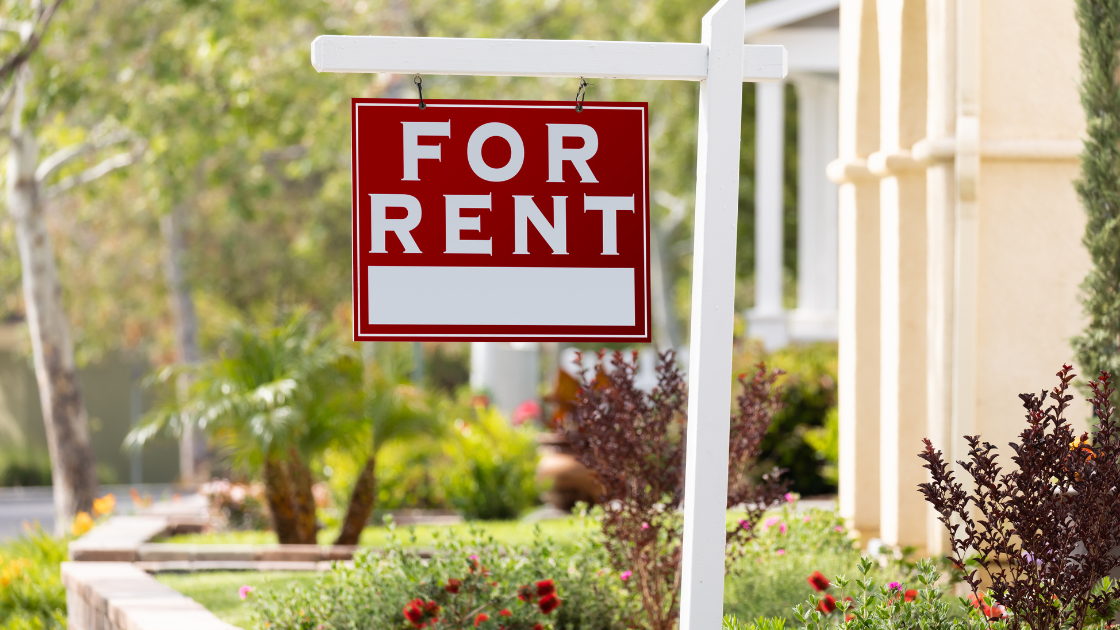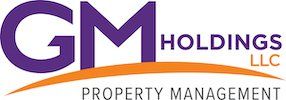Signs You're Dealing With A Good Landlord

Living in rentals has its advantages. There’s a certain freedom in not having a mortgage. It can give you your start as you step out on your own and begin to save up for the future. You won’t necessarily be tied to one place. You can bounce around until you find your ideal region, city, or community.
Also, rent is cost-efficient in Philadelphia—especially compared to other big cities like New York.
Despite these many advantages, risk factors do exist.
A glaring problem tenants encounter is a bad relationship with their landlord or property manager.
A rental unit can feel like a genuine home when things are good with a landlord. However, you’ll often feel like an unwanted guest when things go south. No amount of monthly payments or eye-catching decor can add warmth to a chilly tenant-landlord relationship.
Below, we’ll highlight signs of a good landlord.
Good Landlords Are Good Communicators
A landlord who communicates well when you’re a prospective tenant will likely keep up this good habit once you move in.
What makes a good communicator, and how can you tell early?
First and foremost, they’ll respond promptly to your inquiries. They’ll pick up the phone (whenever possible) and respond ASAP to texts and emails with clarifying answers. You won’t be left in the dark.
Additionally, a good landlord will be present as you tour their property to answer and address concerns. Say you don’t like the street noise coming from one unit. A good communicator might suggest a similar property in the same building that’s away from the street. After all, a good communicator listens to your needs.
They’ll also communicate expectations about rent, various components of the living agreement, and other crucial details to ensure no surprises once you move in.
They Offer Monthly Rent Prices And Lease Terms That Make Sense
At the end of the day, a landlord wants to make money. This is a business to them.
Nonetheless, successful business people grasp the value of personal relationships. They treat their customers well and don’t try to rake them over the coals.
A sign you can trust a landlord is when they offer prices and lease terms that make sense.
Ensuring the price is right will require research because you need a reasonable frame of reference for a fair monthly rental price.
If the rent seems too high, it’s a knock against the landlord. Then again, if the price seems too low, it could indicate they’re trying to hide something about the property.
Also, peruse the lease terms. Ensure all stipulations about your role as a tenant and theirs as a landlord are fair. There should also be a specific lease period clarified in the terms.
There’s No Middleman
Depending on the location, some property managers employ dozens, if not hundreds, of staff members.
A good landlord or property management company will ensure you’re dealing with your main point of contact when you’re considering a rental.
It’s crucial to ask the right questions. Inquire if the person you’re dealing with during your viewings and other correspondences will be your point of contact if you rent there. Otherwise, you risk being muddled in a sea of middles.
When your point of contact is dealing with you from the beginning, it’s a sign that you and your needs are a top priority. Additionally, it’s evidence that your landlord or property manager is interested in developing a rapport.
They Won’t Sell Too Hard
Part of being a landlord is being a good salesperson. That’s the truth. Yet, a good salesperson isn’t pushy. They aren’t disingenuous or overly slick. Nor do they tell lies. Instead, they view their prospects as people and are focused on giving them what they need.
A reliable landlord won’t oversell their property. They’ll rely on the quality of the unit to do much of the selling and let their customer service and accommodating nature do much of the talking.
Remember, too, that someone selling you the world before you’ve signed anything will keep trying to upsell once you’re living in one of their units.
Furthermore, an overt sales-forward approach tells you the landlord views you as a number or a dollar sign instead of a person.
They’re Patient
Study your prospective landlord’s demeanor as they answer your questions and respond to your inquiries.
Graceful, thoughtful, and patient answers are all that are acceptable. Any sign of frustration or impatience is a massive red flag.
This partnership will likely last a while—you owe it to yourself to have a landlord who’s empathetic and patient.
They Hold Up Under Scrutiny (And Research)
A landlord will ask you to provide references as their tenant. You can flip the script and research them, seeing how previous tenants have viewed their services. While property review sites might focus solely on the rental unit, they often have tidbits about the property manager or landlord.
If your landlord has been subject to legal troubles, it will be of public record.
Considering pounding the pavement and talking with other tenants about the landlord. This won’t be easy, necessarily. However, if you stick to it, you can find a few people willing to open up.
Seeks Landlords And Property Managers With Proven Track Records
There will be a lot of landlords who aren’t all that proven and are trying to get their feet wet. They may pass the smell test in many ways but lack the experience and nuts and bolts knowledge to provide an optimal rental experience.
Conversely, landlords and property managers with years of experience successfully managing the needs of tenants have a defined system to ensure you have an ideal renting experience.
Experienced property managers and landlords have a diverse and versatile understanding of the nuances involved with renting. They’ve seen and done it all. They are prepared for every challenge and have the skills to ensure your time with them is as pain-free as it’s copacetic.
GM Holdings is one of the most trusted property managers in Philadelphia. Check out our
tenant testimonials on our home page to learn more, or
contact us today to ask about our exceptional properties.





